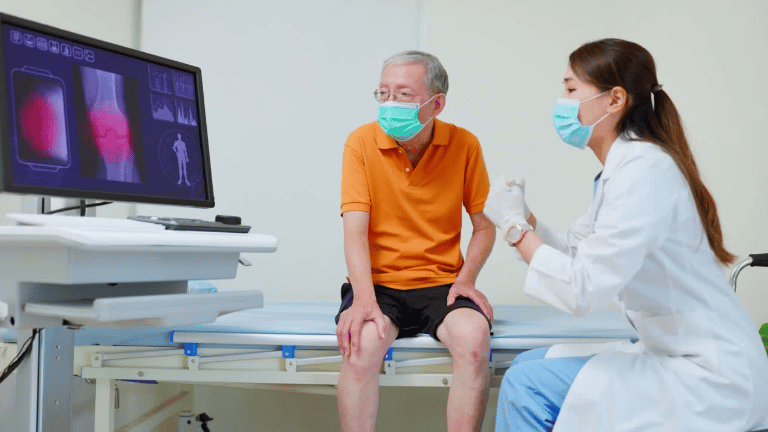Read more
產業應用
探索力敏電阻在醫療設備中的應用,如何透過精準監控與即時回饋提升設備性能。


提升醫療精準度:力敏電阻的應用
T醫療領域是社會中最重要的產業之一,直接關係到生命安全。在處理人體健康時,,精準度和準確性是至關重要的,因為即便是微小的誤差,都可能浪費寶貴的搶救時間,甚至導致病情惡化。因此,醫療設備不斷創新,以更快速、高效的方式應對各種臨床挑戰。
力敏電阻(FSR) 是一種靈活的感測器,專門用於偵測壓力及其變化。憑藉小巧尺寸與可客製化設計,FSR 成為醫療設備的理想選擇,能監測各種生理狀況,並提供即時數據,協助醫護人員更準確地判斷病情並做出最佳決策。

心肺復甦機(CPR Machines)
心肺復甦機是醫院和緊急急救中非常重要的設備。在緊急情況下,精準度非常關鍵;如果胸部按壓力度過小或過大,都可能影響成功搶救病人的機會。將壓力感測電阻(FSR)整合到心肺復甦機中,能確保按壓力度的精確與一致。
FSR在心肺復甦機中的優勢:
- 壓力監測: FSR可監測按壓時施加的力度,確保操作一致且安全。
- 精準回饋: FSR對壓力變化極為敏感,能提供即時數據,提升 CPR 療程的效果。
透過整合 FSR,心肺復甦機可提供精準可靠的操作應用,降低急救過程中的失誤,提高患者的存活機率。

醫療病床(Hospital Beds)
醫療病床是醫院中非常重要的資源,病床的數量直接反映醫院的收治能力。將力敏電阻(FSR)整合到病床中,能即時掌握病床使用情況,還能監測患者的狀態,提供更好的照護。
FSR在醫療病床中的應用:
- 佔床狀況監測: FSR可監測病床使用情況,幫助醫院提前應對床位不足的問題。
- 患者狀態監測: FSR可偵測壓力變化、震動與移動狀況,進而追蹤患者的呼吸模式,甚至偵測癲癇發作或其他異常狀況。
這些功能讓醫護人員能透過即時數據,快速回應患者的健康需求,進一步提升照護品質。
結論
力敏電阻(FSR)在醫療領域具有多種應用,其能精確偵測壓力與受力變化,可有效提升設備性能,讓患者監測更精確。FSR 體積小、重量輕,且適應性強,適合應用到從心肺復甦機到醫療病床等各種醫療設備。
在緊急情況下,分秒必爭,FSR 能提供穩定、可靠的數據支援,幫助醫護人員做出更快速、更準確的決策,確保患者獲得即時且有效的醫療照護。
最近更新
Collaboration Begins Here.



